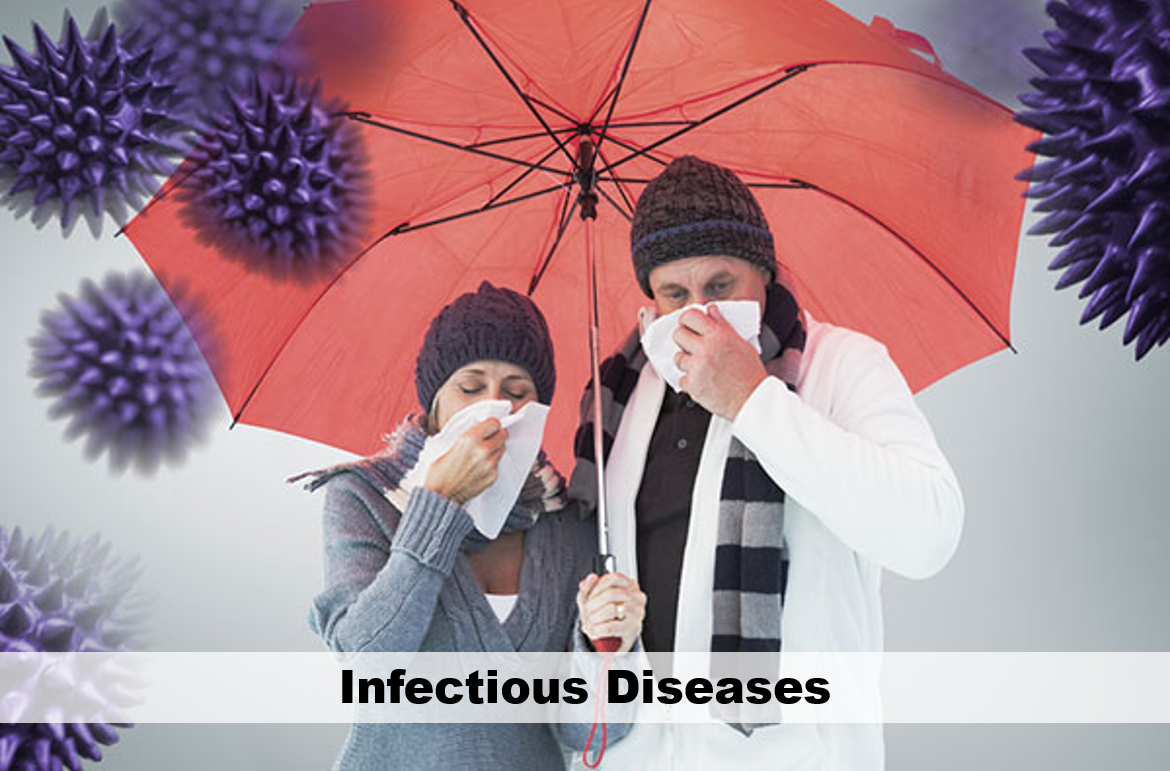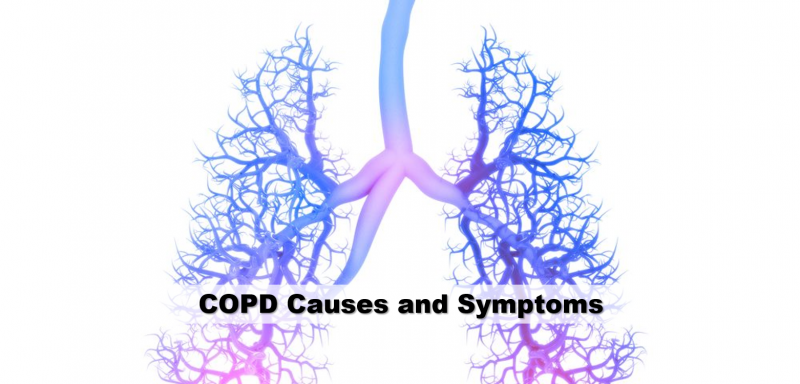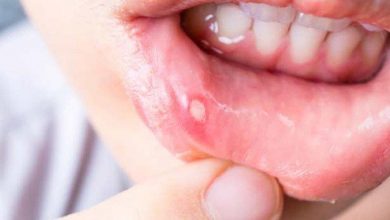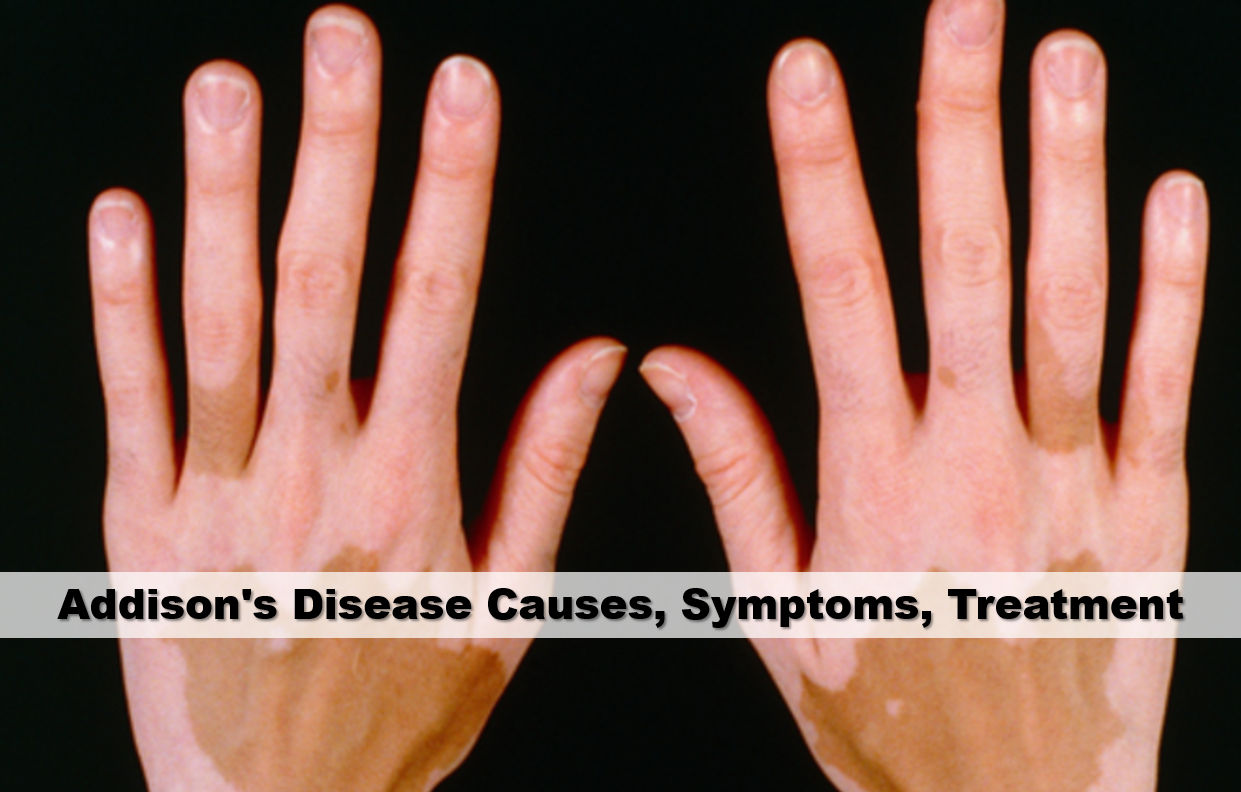Infectious Diseases – Causes of Infectious Diseases

Infectious Diseases. Many organisms live in or on our bodies. Normally, these organisms are harmless or good for humans, but under certain conditions, some organisms can cause disease. While some infectious diseases can be transmitted from person to person, some are transmitted by insects or animal bites. The symptoms of infectious disease vary depending on the organism that causes the infection, but fever and fatigue are usually the most common symptoms. We will explain infectious diseases causes and prevention in the following text.
Causes of Infectious Diseases

- Bacteria: These single-celled organisms are responsible for diseases such as urinary tract infections and tuberculosis.
- Viruses: Even smaller than bacteria, viruses cause a wide range of diseases ranging from cold to AIDS.
- Fungi: Many skin diseases are caused by fungi. Other fungal species may infect your lungs or nervous system.
- Parasites: Malaria is caused by a tiny parasite that is transmitted by mosquito bites. Other parasites can be transmitted to humans from animal feces.
Some Common Infectious Diseases
- Measles
- Mumps
- Upper respiratory tract infections
- Pneumonia
- Hepatitis (Hepatitis A, Hepatitis B)
- Tuberculosis
- Malaria
- Rabies
- Syphilis
- Gonorrhea
- AIDS
AIDS, which has killed 25 million people, is one of the most devastating outbreaks in human history. The disease is caused by the HIV virus, which seizes the immune system and makes patients vulnerable to fatal infections.
Symptoms
Each infectious disease has its own signs and symptoms. Common symptoms of a number of infectious diseases are:
• Fever
• Diarrhea
• Fatigue
• Muscle pains
• Cough
How are Infectious Diseases Transmitted?
The most contagious diseases are caused by contact with a person or animal that get the infection before. Three ways of spreading communicable diseases through direct contact are:
- Man to man: A common way of spreading infectious diseases is by direct transfer of bacteria, viruses, or other microbes from one person to another. This can be transmitted to someone while touching an uninfected person with a bacteria or virus, or when the sick person is coughing and sneezing. They can also be spread through sexual contact.
- Animal to a human: People who are bitten or scratched by an infected animal may be sick.
- From mother to unborn child: Infections can pass to baby through a pregnant woman.
Indirect Transmission
Disease-causing organisms can also be transmitted to human by indirect contact. Many infections may be on an inanimate object, such as a desktop, a door handle, or a faucet handle. For example, when you touch a doorknob held by someone with a cold or a cold, you can get the microbes. If you touch your eyes, mouth or nose before washing your hands, you can catch the disease thoroughly.
Infectious Disease Prevention
To reduce the risk of transmitting infectious diseases to yourself and others, follow these simple tips:
Wash your hands: Wash your hands, especially before and after cooking, before eating and after using the toilet. Try not to touch your eyes, nose or mouth with your hands unless necessary; because if you do, the infections in your hand can easily get into your body.
Get vaccinated: Immunity can significantly reduce your risk of developing many diseases.
Do not share personal items: Use your own toothbrush, comb, and razor. Do not use others’ glass and any of the items mentioned above.
Prepare food safely: Keep kitchen surfaces clean when preparing food. Do not allow cooked food to remain at room temperature for long periods of time.
If you travel abroad, consult your doctor about specific vaccines, such as yellow fever, cholera, hepatitis A or B, or typhoid.
When to Go to Doctor
- If you get bitten by an animal
- If you have difficulty breathing
- If you cough for more than a week
- If you have a fever (Unexplained or prolonged fever) and severe headache
- If you have sudden vision problems, you should definitely go to the nearest health institution.





